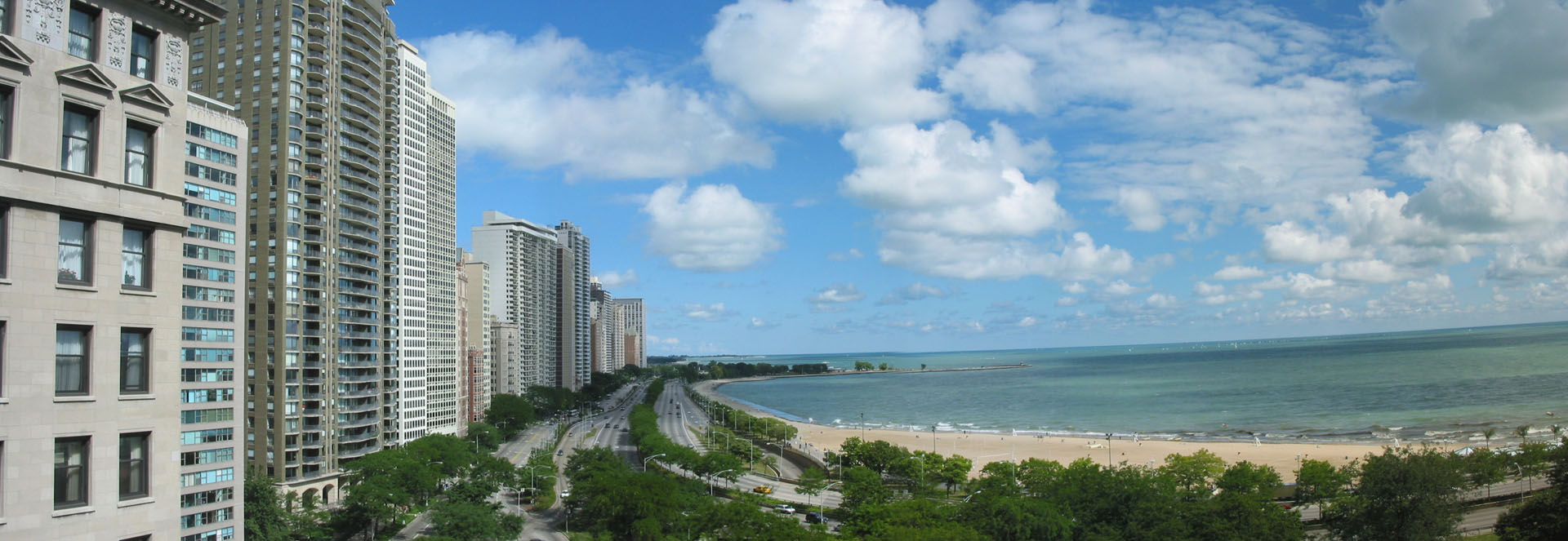My paper with former student Zoe Hamstead just came out in Environment and Planning C – check it out!
Abstract. Nutrient trading systems are increasingly common elements of water pollution control programs. Participants in these programs often appear to be economically irrational since programs can drive regulatory overcompliance, while promoting few transactions. We examine this behavior through a case study of a nitrogen trading program in the rapidly urbanizing Neuse River basin, North Carolina (USA). Program analysis, meeting observations, and a series of semistructured interviews with wastewater dischargers (point sources) revealed factors promoting overcompliance by the Neuse River Compliance Association (NRCA). In particular, overcompliance and low trading volume in the NRCA can be explained by participant hedging against uncertainty in the region’s future population growth and land-use change. Public sector participants in high-growth areas are likely to engage in high levels of information sharing and collaborative abatement activities. This work has implications for water-quality trading program design, particularly those involving public sector participants concerned about undercompliance due to future growth.
